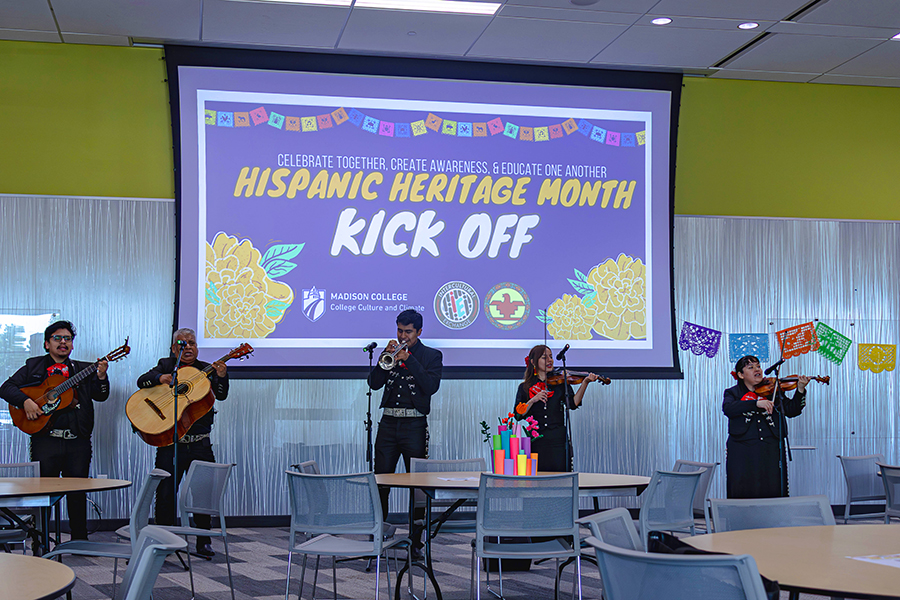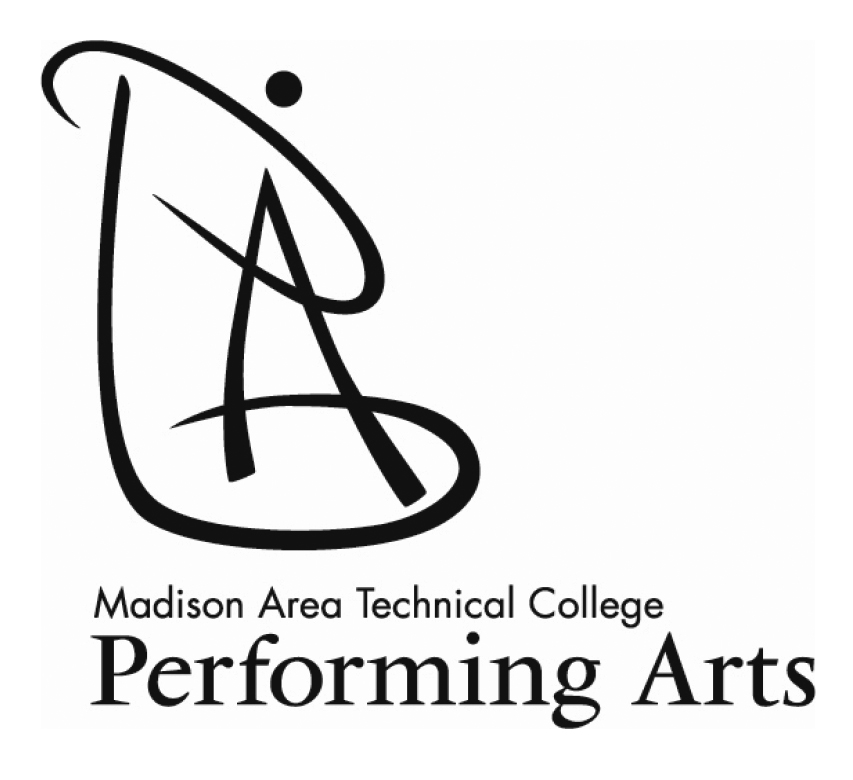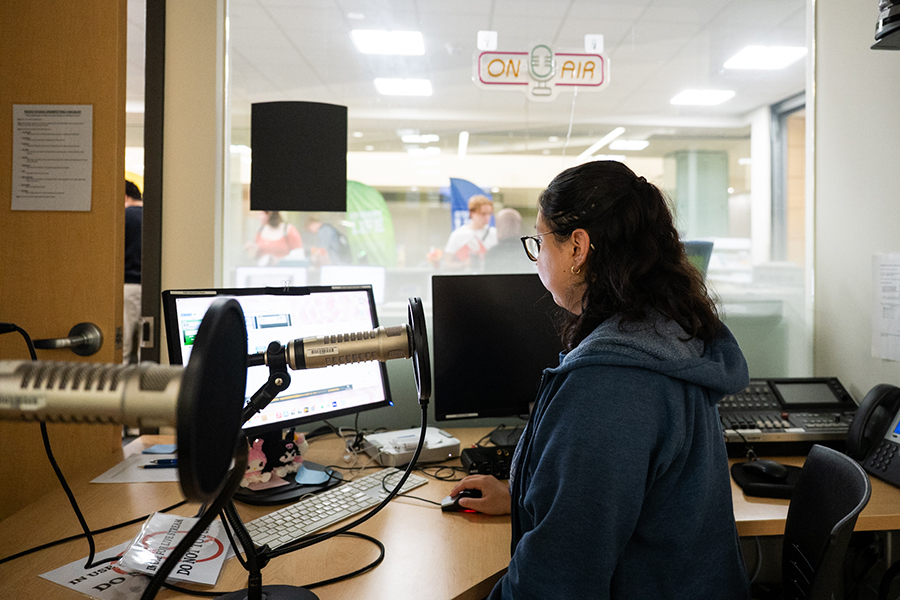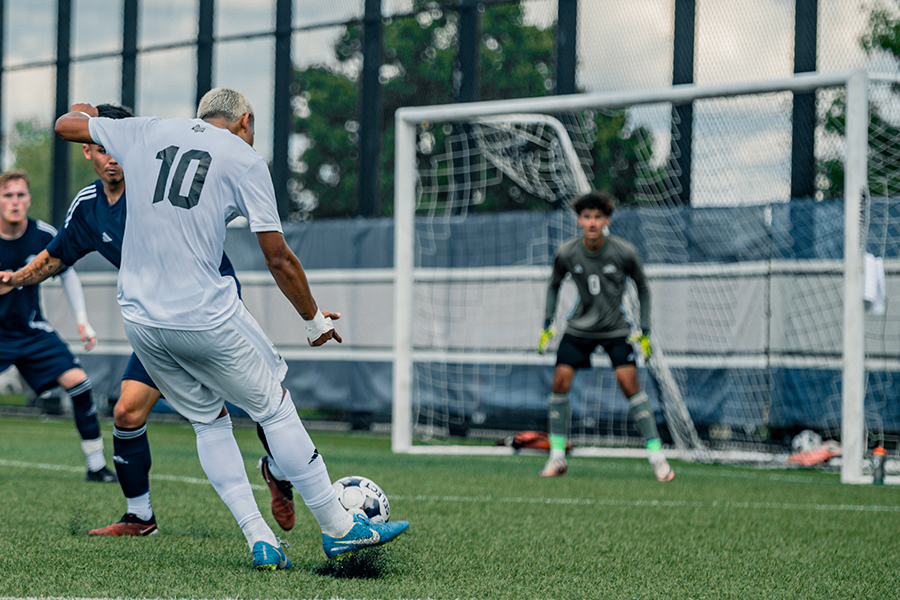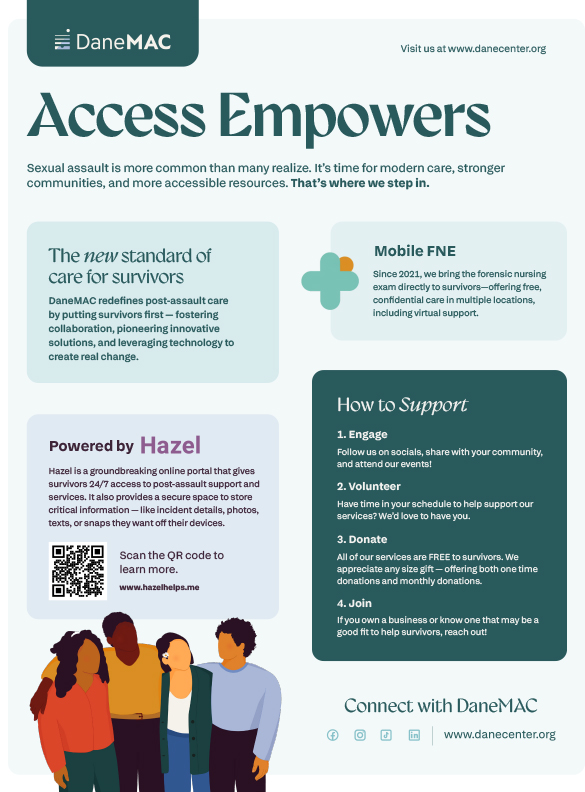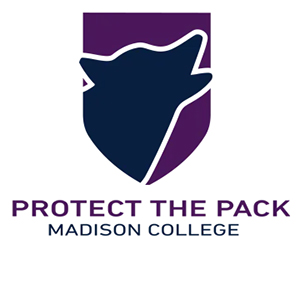
National Hazing Prevention Week took place during the last full week of September, providing an opportunity for institutions, organizations and individuals to raise awareness and promote education about hazing. Madison College now has a formal Anti-Hazing Policy in accordance with the Stop Campus Hazing Act.
What is Hazing?
Hazing is any activity expected of someone joining or participating in a group that humiliates, degrades, abuses, or endangers them, regardless of a person’s willingness to participate.
Hazing can take many forms, including (but not limited to) physical abuse, threats and verbal abuse, sleep deprivation, forced consumption of alcohol and other substances, and watching or performing sexual acts.
Hazing by the Numbers
- 55% of college students involved in clubs, teams, and organizations experienced hazing, but only 9% identified it as hazing.
- 74% of student-athletes experience at least one form of hazing while in college. The most frequently reported hazing behavior among student-athletes is participating in drinking games.
- 82% of students agreed that hazing is not an effective way to create bonding.
Ways to Build Healthy Groups & Teams
- Identify common times for new & returning members to hang out (e.g. group meals, studying, working out)
- Strengthen problem-solving skills through team building activities
- Participate in community service projects together
- Work on personal development through activities like goal setting, vision boards, etc.
Take Action
- Attend Bystander Intervention Training on October 21, from 11 AM – 12:30 PM (online) to learn about recognizing and preventing violence.
Register for Bystander Intervention Training.
- Familiarize yourself with Madison College’s Anti-Hazing Policy and how to report a concern related to hazing.
Note: The topics covered in this programming might foster strong emotions. Students who would like support might consider talking to a Madison College counselor. Self-scheduling is possible with Navigate or by calling 608.246.6076.

